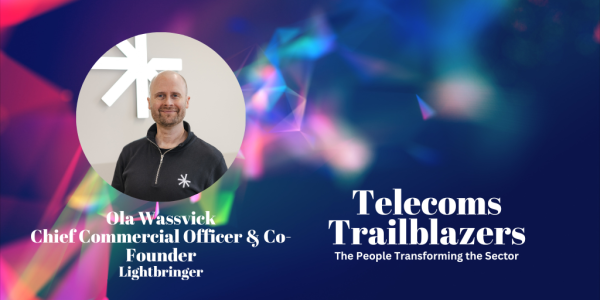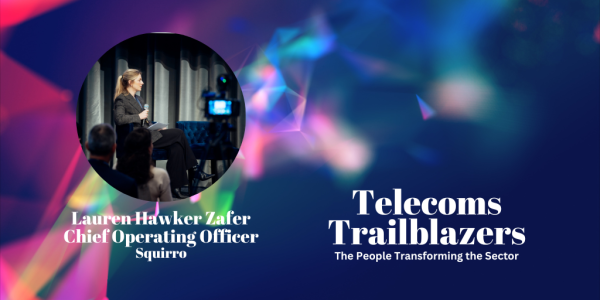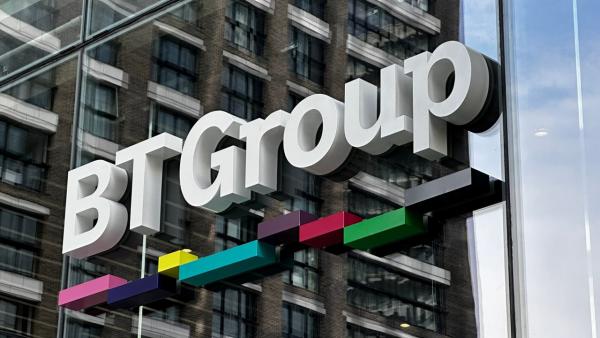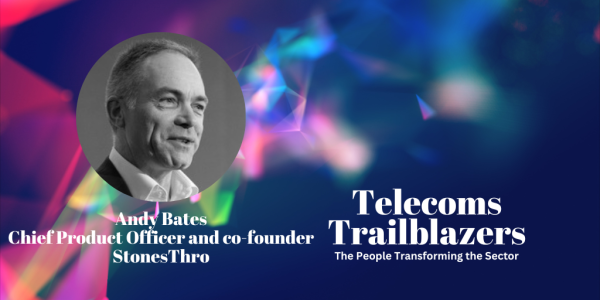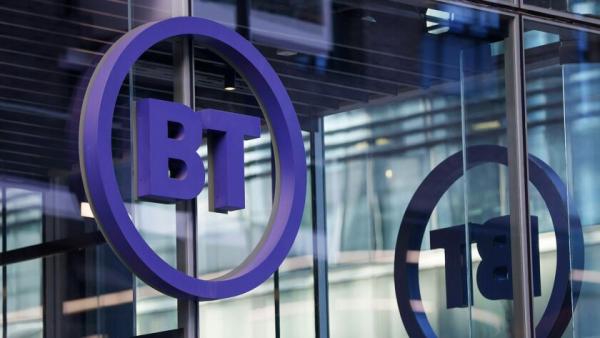
Hi, I’m Matthew Izatt-Lowry, the Head of Economics at FarrPoint, a consultancy headquartered in Edinburgh that advises on digital connectivity, telecoms infrastructure and data centres. Previously, I worked for the Scottish Government as an economist.
My team formulates business cases and assesses the benefits of internal projects, both before they begin and after. Over the last 18 months, we have supported the DSIT-funded 5G Innovation Region projects, including the Ayrshire and Borderlands programmes.
Too often, we see funding poured into the latest ‘shiny’ technologies without a clear understanding of the problem that tech is meant to solve. That’s where our work comes in. We look beyond traditional indicators (such as GDP growth) and build evidence-based business cases, considering social inclusion, well-being, and the environmental impact.
The progress the telecoms industry has made is impressive, but looking ahead, I think it’s important to focus on how we connect infrastructure to real-world outcomes. It’s not just about rolling out the next upgrade—it’s about making sure that new networks are used, deliver real benefits, and create change for people, businesses, and communities alike. Innovation should be meaningful.
What do you enjoy most about working in this space?
Having started working in the telecoms and digital connectivity sector just after the pandemic, I enjoy the fast-paced nature of the work, especially seeing all the innovation. It’s such a forward-thinking space, and there’s always something new happening — whether it’s a breakthrough in a new connectivity solution or an interesting, unexpected way that tech is being applied in the real world. There’s plenty to learn and be inspired by.
What’s the most ridiculous thing you’ve done in the name of work?
It wasn’t ridiculous, but very different and new to me. I recently worked on a project that used IoT sensors to monitor peatlands in extremely remote locations. The goal was to protect these crucial carbon stores by delivering real-time environmental data to support more effective conservation efforts. I never knew all of this was important and never thought I’d be involved in it. Interestingly, I’ve since learned that similar solutions are being explored for managing ‘smart sheep flocks’, as well as 5G-connected trees that collect environmental data.
Where do you see telecoms heading?
We’re not just talking about faster broadband anymore; we’re exploring how technologies like satellite connectivity and emerging alternatives can be used to reach the final few per cent still unconnected. At the same time, the sector has a huge role to play in enabling other transformative technologies, especially AI.
What would you like people to know about your work?
Whether it’s supporting smarter infrastructure, powering data-driven decisions, or helping meet environmental and sustainability goals, telecoms is increasingly the foundation that allows all of that to happen. That intersection of connectivity, innovation, and real-world impact is what keeps it so compelling.
Why is a vibrant, flourishing telecoms ecosystem important for the UK?
Digital connectivity is the backbone of modern life—it powers our economy, improves public services, drives social inclusion, and supports our transition to net zero. None of that would be possible without a thriving, innovative, and diverse telecoms industry.

